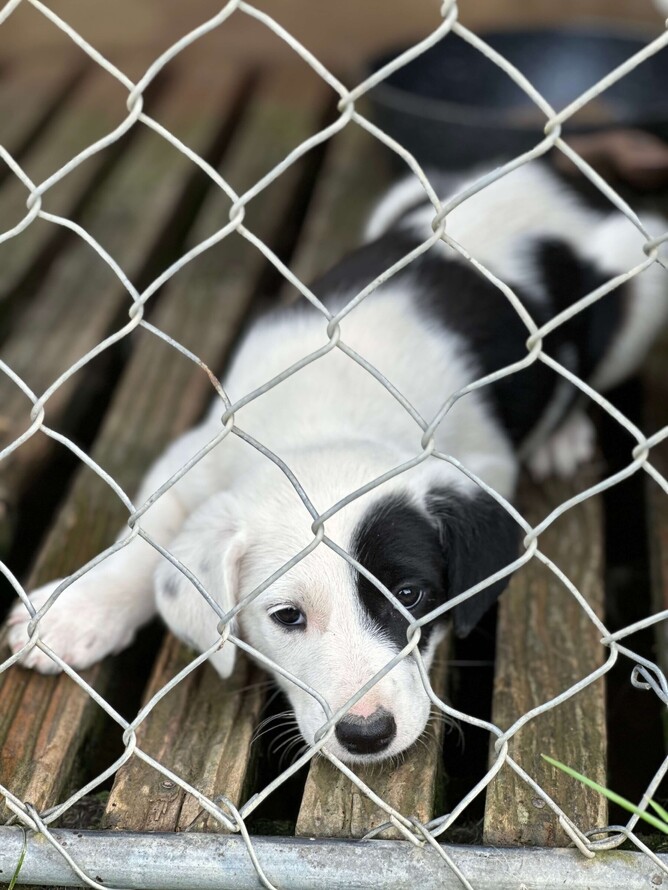Canine Parvovirus Disease is a highly contagious, infectious viral disease of dogs. It attacks the heart muscle, the bone marrow and the lining of the dog's intestines.
Typical symptoms include vomiting, abdominal pain, and bloody diarrhoea, which results in the severe loss of body fluids and blood proteins, malabsorption of nutrients and increased secondary infections.
Often there are increased case numbers in the summer months, but this year the rise continued into the autumn. Most of the infections were in unvaccinated puppies, but we also treated several unvaccinated young adult dogs.
Parvo is mainly spread through ingestion of the virus in dog faecal material which has contaminated soil, kennels, truck decks, food and water bowls, your clothing, boots, and hands. Transplacental transmission is now rare thanks to widespread vaccination.
Symptoms develop 5-7 days after exposure, and faecal shedding of the virus continues up to two weeks after infection.
Without treatment, the survival rate is as low as 9%. With treatment, this can increase to 60% - 90%.
Puppies are most at risk from 6 weeks to 6 months of age, as their immune system is still developing, which is why they need a series of vaccine doses for optimal protection. Those with worm and flea burdens are also more susceptible to infection, so ensure that you have parasite control measures in place.
Parvo vaccination is highly effective and much lower cost than the intensive treatment needed for clinical cases.
Check out the recommended vaccination schedule for pups here.

